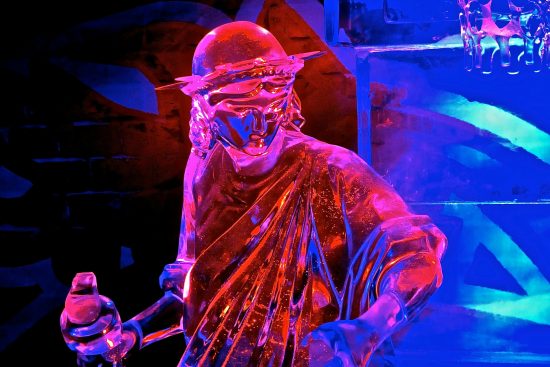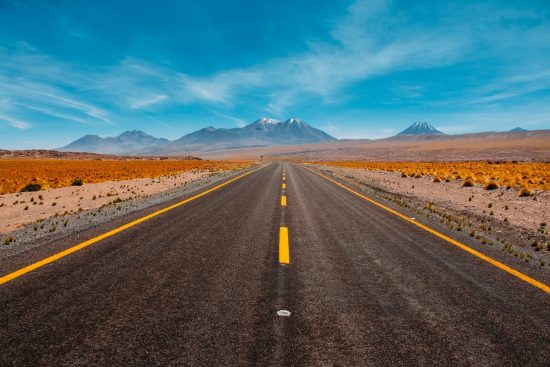
Culture speaks volumes about a nation, people, or tribe. It is a rich tapestry of customs, arts, social institutions, traditions, habits, and way of living, all shared by a specific group of people. It is an all-encompassing mirror that reflects the essence of communal identity, uniqueness, history, and lifestyle. In a broader sense, culture is the beautiful diversity of humanity.
The Importance of Culture
Culture is an integral part of human existence. Paraphrasing UNESCO, it shapes our identity and influences our behavior; it acts as a guideline which directs the life of people and their actions. It is a central element of flourishing societies and a vital factor in fostering understanding among different communities. The development of a vibrant cultural life helps us to create an inclusive, prosperous and fair society.
Our cultural heritage provides a sense of unity and belonging within a group and allows us to better understand previous generations and the history of where we come from. From a practical perspective, understanding different cultures promotes empathy and respect, it encourages tolerance and acceptance, and it provides the tools to navigate the globalization process.
Components of Culture
Culture is a complex social construct that encompasses a myriad of elements. A basic outline could shed light on the main components of any culture:
- Customs and Traditions: These are collective habits or traditions passed down from generation to generation. They include rituals, festivals, ceremonies, and costume practices.
- Language: Language is a unique expression of thought, perception, and identity. Each language carries its own social and cultural legacy.
- Practices and Rituals: Unique rituals and rites of passage signify the transitions of life stages within societies.
- Arts and Literature: They are the creative fabric of a culture, depicting its stories, values, and aspirations.
- Values and Principles: They are the societal beliefs, ethics, norms, and standards shaping actions and attitudes.
- Social Structure: The hierarchies, roles and social structure dictate the dynamics of relationships and social coherence.
- Approach to Time: Different cultures possess different orientations towards time, this defines their scheduling, punctuality habits and their concept of future and past.
Cultural Influence on Lifestyle
The culture we are born into directly influences our lifestyles, including themes such as values, personal priorities, religions, political perspectives, and behaviors. How we dress, what and when we eat, and our daily routines are all influenced by the cultural context in which we were raised.
As humans, we are social creatures who are inherently influenced by those around us from a very young age. We are taught behaviors, faith systems, modes of thinking, ways to communicate, and even dress sense, by those around us. This early tutelage is then likely to persist into adult life – shaping our behaviors, belief systems, and lifestyle choices.
Celebrating Cultural Diversity

In a globalized world, where cultures intermingle more than ever before, appreciating and celebrating cultural diversity is crucial. We may take great pride in the cultural heritage of our hometown or home country, and rightly so. Here are a few ways to embrace this diversity:
- Learning about Other Cultures: Investing time and effort into learning about other cultures promotes understanding and respect for cultural diversity.
- Travel and Cultural Immersion: Travel exposes individuals to different cultures. Immersing oneself in a new cultural environment can bestow life-long memories and lessons about mutual respect and understanding.
- Sharing your Culture: Sharing your culture with others enables them to learn from you and appreciate your cultural background.
Respecting cultural diversity is a key aspect of navigating the complexities of the international community. Acceptance helps create peace and harmony, as well as mutual understanding among people from various cultural backgrounds. According to United Nations, it is our moral duty to protect this diversity and to ensure that all cultures can thrive and interact in peace.
Cultural Preservation
While celebrating diversity, it is equally important to maintain the uniqueness and richness of each culture. Here are some ways:
- Curate cultural repositories such as museums, galleries, and libraries
- Promote cultural events such as festivals, performances, and exhibitions
- Support local artisans, musicians, and artists
- Encourage the teaching of cultural heritage in schools and colleges
- Regularly document and archive cultural narratives, oral histories, and traditions
Culture is an integral part of our identity. It paints a vibrant picture of our past and frames our worldview. It is the collective narrative of groups that have shared similar experiences, beliefs, and lifestyles. Our cultural richness equips us with the wisdom and resilience to embrace the future while remaining rooted in our past. Let us strive to embrace, exemplify, and safeguard this spectacular tapestry that connects us all.
Embracing culture and its manifestations, therefore reaps not only societal but also individual benefits. Learning to appreciate the value and richness of culture remains a fundamental keystone to our humanity. After all, it’s through appreciating our differences that we learn to see the myriad of ways in which, at heart, we are all human. Cultural differences are just variations on a theme – the theme of what it means to be human. Celebrate the similarities, embrace the differences.







